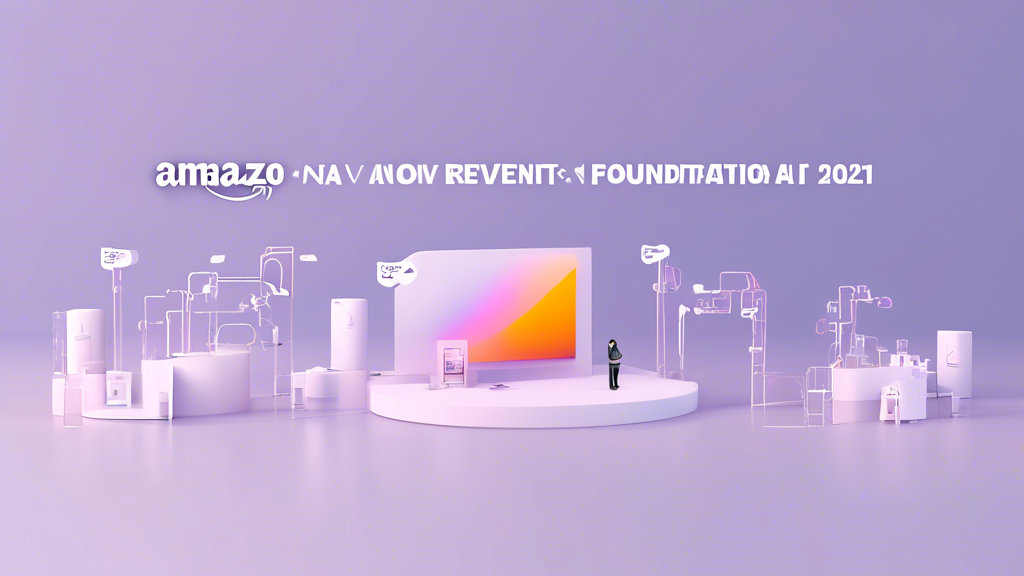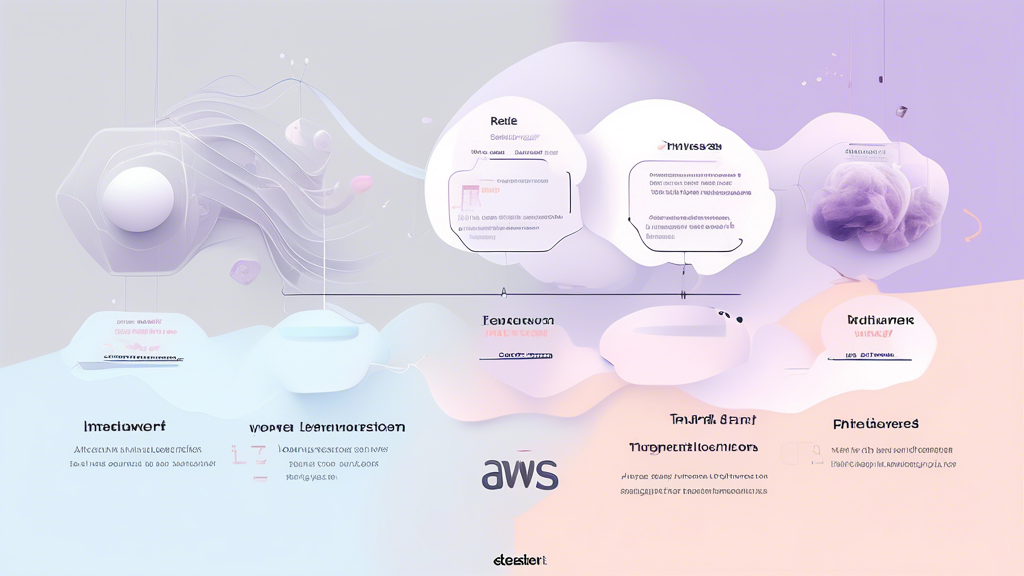
As artificial intelligence continues to advance rapidly, the question of how to regulate it and protect personal privacy has become more pressing than ever. With technologies like facial recognition and autonomous vehicles becoming increasingly integrated into our daily lives, it’s crucial to ensure that they’re being developed and deployed ethically. In this blog post, we’ll explore the potential impact of AI regulation and privacy legislation on the industry, and examine how these measures could transform the way we interact with technology in the years to come.
Transforming the Artificial Intelligence Industry: The Potential Impact of AI Regulation and Privacy Legislation
Introduction
In the past few years, we have seen an explosion in the field of artificial intelligence (AI). From drones to chatbots to self-driving cars, AI is slowly but steadily disrupting various industries. With this being an unregulated field, there are concerns that this technology could be used to infringe on people’s rights and privacy. Therefore, AI regulation and privacy legislation are critical to transforming the AI industry.
Understanding AI Regulation and Privacy Legislation
AI regulation and privacy legislation are laws that govern the development and use of AI technology. The regulation aims to ensure that AI systems are transparent, explainable, and accountable. Privacy legislation governs data protection and data privacy in AI systems.
The Importance of AI Regulation
AI regulation is crucial in ensuring that AI systems operate ethically and responsibly. With AI becoming more widely adopted across various industries, the need for regulation and oversight has become increasingly apparent. Some of the reasons why AI regulation is important include:
- Protection of Human Safety: AI systems can have unintended consequences, which could potentially harm human safety. For example, self-driving cars that are not adequately regulated could lead to accidents.
- Transparency and Accountability: AI systems need to be transparent and accountable to ensure that their decisions are unbiased and ethical.
- Protection of Personal Privacy: AI systems collect large amounts of data, including personal data, which must be secured and handled in a way that does not infringe on an individual’s privacy.
The Importance of Privacy Legislation
Privacy legislation is crucial in ensuring that AI systems that process personal data comply with data protection laws. AI systems collect large amounts of data, including personal data, which must be secured and handled in a way that does not infringe on an individual’s privacy. Some of the reasons why privacy legislation is important include:
- Protection of Personal Data: Personal data must be handled appropriately and meet data protection requirements.
- Secure Data Handling: Data passed between AI systems must be handled securely, preventing unauthorized access, modification, or loss.
- Clear Data Handling: Data collection, processing, and use must be transparent and understood by the user.
What Does AI Regulation and Privacy Legislation Mean for the Industry?
The implementation of AI regulation and privacy legislation could have a significant impact on the AI industry. Here are a few examples:
- Increased Transparency: AI systems that comply with the regulations and legislation will increase transparency and clarity around how decisions are made.
- Improved Accountability: AI systems that meet the requirements will be more accountable for their actions, ensuring that they act within the constraints of ethical and legal requirements.
- More Informed Users: With clear regulations and legislation in place, users will be more informed about how AI is used to process their data.
- Growth of the Industry: With clear regulation and legislation in place, companies will have more confidence in incorporating AI into their processes, leading to growth in the industry.
FAQs After Conclusion
1. What is AI regulation and privacy legislation, and why is it necessary for the AI industry?
AI regulation and privacy legislation are laws that govern the development and use of AI technology, ensuring that AI systems operate ethically and responsibly. It is necessary to transform the AI industry as AI has the potential to infringe on people’s rights and privacy.
2. How will AI regulation and privacy legislation impact the AI industry?
The implementation of AI regulation and privacy legislation could have a significant impact on the AI industry, such as increased transparency, improved accountability, more informed users, and growth of the industry.
3. What is the role of transparency and accountability in AI regulation and privacy legislation?
Transparency and accountability are critical requirements of AI regulation and privacy legislation to ensure that AI systems’ decisions are ethical, unbiased, and comply with legal requirements.
4. Why is data privacy critical in AI regulation and privacy legislation?
Data privacy is critical in AI regulation and privacy legislation as AI systems collect large amounts of data, including personal data, which must be secured and handled appropriately to ensure that it complies with data protection laws.
5. How will AI regulation and privacy legislation protect personal privacy?
AI regulation and privacy legislation will protect personal privacy by ensuring that personal data is handled appropriately and meets data protection requirements, secures data handling, and ensures clear data handling.





